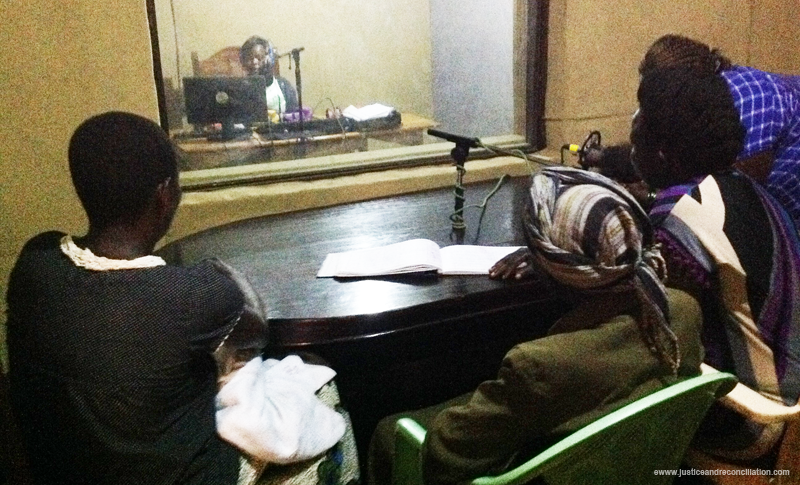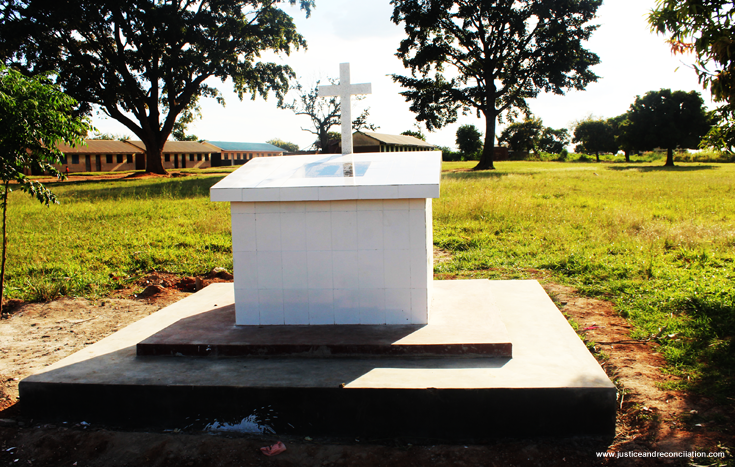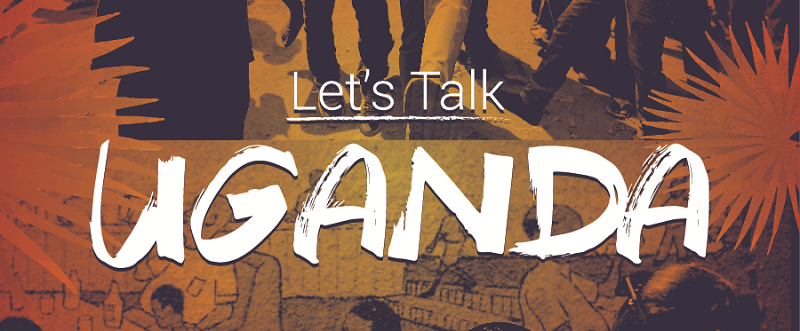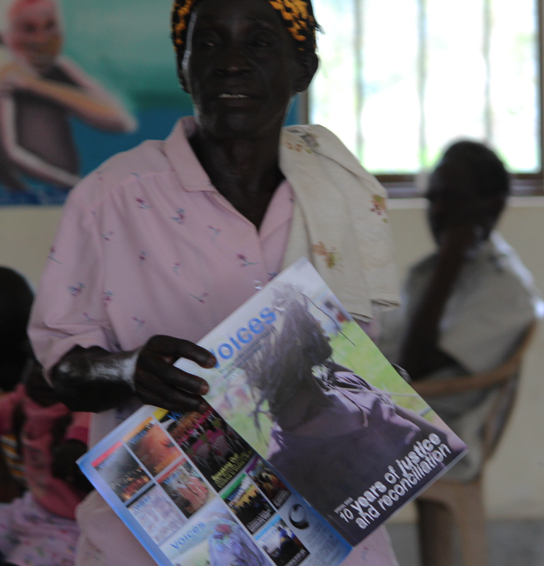
In 2014 when members of the Women’s Advocacy Network petitioned the Ugandan Parliament for redress for harms caused by years of conflict in northern Uganda, the identity of children born war was a key issue they raised. The issue is not only important to mothers but to their children as well who find that not knowing their relatives is a painful void in their sense of identity.
During one of visit to a family, one mother, a member of WAN, told us: “My daughter kept on asking about her paternal relatives and I promised her I would get the home and grant her wish.”
Reuniting children born of war with their families, therefore, is in a way a form of redress since it contributes to rebuilding life and relations after the conflict.
In the past few years, the WAN has been approached by several women who were abducted, former commanders of the LRA, relatives of children born in captivity and survivors of sexual violence in camps to support them in mediation and tracing for the maternal or paternal families of the children. This year, its members with the support of JRP and Women’s Initiatives for Gender Justice have conducted 10 dialogues and visits with families of children born of war. The objective has been to ensure mutual understanding of the reintegration process by both maternal and paternal families, reconcile families and ensuring acceptance of the children.
In some cases, lack of acceptance of children born of war in new marriages that their mothers are in has made mothers want to bring their children together with their paternal families. During one of the pre visits one of the mothers whose child had been suffering in her new marital home said, “My child is not wanted in my home. She was bewitched and is now paralyzed.”
Children are also being reintegrated so that they can have access to land, have an identity and a sense of belonging as well as have family support. Some of the children have also now grown up and asking for whereabouts of their relatives.
In all the families where dialogues were carried out the idea of reintegrating children was welcomed. The children are also a source of closure in the families from the loss of their sons and daughters. During one of the dialogues a relative of a deceased former commander said, “… his children are his resurrection.”
The idea of children being a ‘resurrection’ of their dead parents was common in all the families that dialogues took place. A clan leader in one of the families said, “We want the child, he will stand on behalf of our lost child.”
Children are also accepted in respect and honor of dead relatives. A family member in one of the homes said, “We accept our own blood and cannot refuse them. Perhaps the spirit of the dead will haunt us if we don’t.”
Tracing of the homes of the children has been difficult due to challenges because in LRA captivity people often used fake names and concealed true information about their families. Sometimes there is also lack of support from relatives who fear that they might lose the bond they have with the children once they get to know their other relatives. This is especially common with maternal relatives and in laws.
Despite these challenges, this is an opportunity for children who want to to fully reintegrate in their communities through family reunions. This year we plan to help 12 children reintegrated in their families.
















